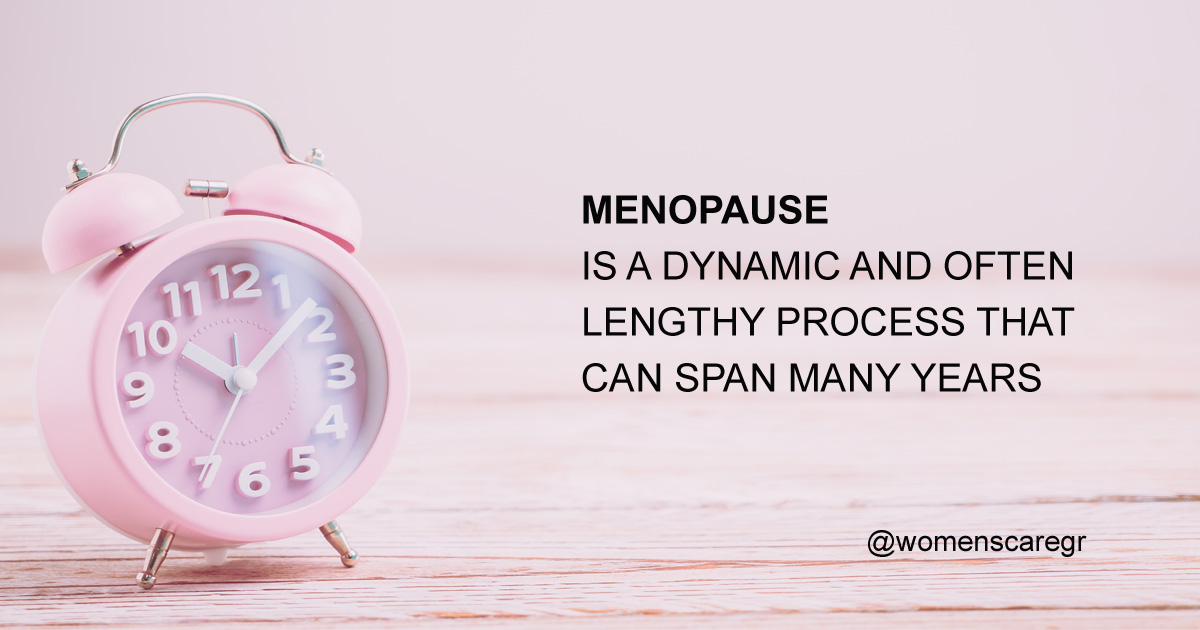
Menopause isn’t a singular event that starts one day, like menstruation did some decades prior. Rather, it’s a dynamic process spanning years, which can be as unpredictable as it is significant.
Menopause, a natural transition in a woman’s life that occurs when her ovaries stop producing estrogen and progesterone, is a dynamic and often lengthy process that can span many years. This period is marked by a gradual decline in hormone levels and a variety of physical and emotional changes.
Factors that contribute to menopause’s extended nature:
- Individual variability: The timing and duration of menopause can vary significantly among women, depending on genetic predisposition, lifestyle factors, and overall health.
- Ovarian reserve: The number of eggs remaining in a woman’s ovaries influences the pace of menopause. Women with a lower ovarian reserve may enter menopause earlier or experience more noticeable symptoms.
- Body weight: Obesity can accelerate the depletion of ovarian follicles, leading to an earlier onset of menopause. Regular exercise and maintaining a healthy weight can help preserve ovarian function.
- Hormonal imbalance: Conditions like polycystic ovary syndrome (PCOS) and thyroid dysfunction can disrupt hormone levels and contribute to irregular menstrual cycles or early menopause.
- Race and ethnicity: Women of certain ethnicities, such as African American and Hispanic women, tend to enter menopause earlier than Caucasian women.
Stages of menopause:
- Perimenopause: The transitional phase leading up to menopause, characterized by irregular menstrual cycles, hot flashes, vaginal dryness, and mood swings.
- Menopause: The cessation of menstruation, typically defined as 12 consecutive months without a period.
- Postmenopause: The period after menopause, marked by a decline in estrogen and progesterone levels and the potential for increased risk of osteoporosis, heart disease, and cognitive decline.
Coping with the changes of menopause:
- Lifestyle modifications: Maintaining a healthy weight, exercising regularly, and following a balanced diet can help manage symptoms and improve overall well-being.
- Hormone therapy (HT): Estrogen and/or progesterone therapy can be prescribed to alleviate menopausal symptoms, but it’s crucial to weigh the potential risks and benefits with a healthcare provider.
- Complementary therapies: Alternative approaches like acupuncture, yoga, and relaxation techniques may help manage menopausal symptoms and improve quality of life.
- Support groups: Connecting with other women going through menopause can provide emotional support, understanding, and valuable coping strategies.
- Self-care: Prioritizing self-care practices like adequate sleep, stress management, and mindfulness can help women navigate the physical and emotional challenges of menopause.
Remember, menopause is a natural and normal part of aging. With proper education, self-care, and medical support, women can manage symptoms, maintain overall health, and thrive during this transformative phase of life.
We are here to help you. Call us!
Contact us online or by phone and make an appointment



